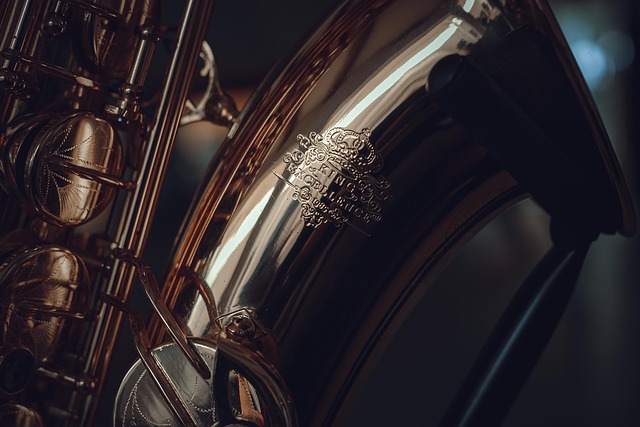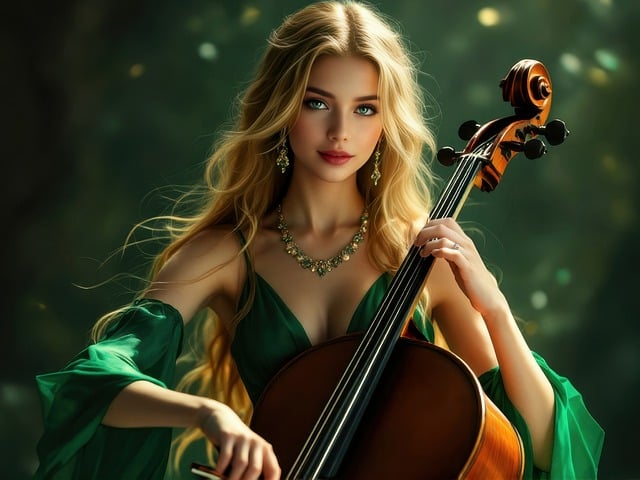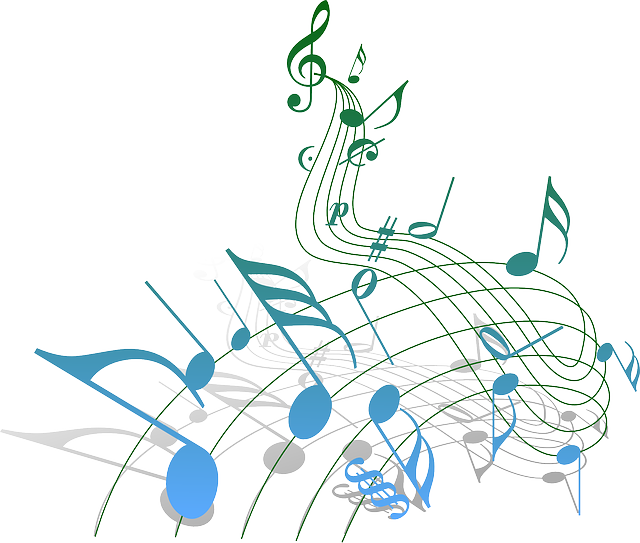ai musicians are revolutionizing music production through machine learning, generating novel sounds and streamlining tasks like sound design and arrangement. This collaboration between human intuition and AI logic offers fresh perspectives and unique ideas, fostering creativity and experimentation. AI tools provide personalized accompaniment tracks, real-time remote collaboration platforms, and efficient mixing/mastering processes, transforming how artists create and share their music globally. However, the integration of AI in music also raises ethical debates about originality, authorship, and the impact on human artists, requiring a balance to ensure AI benefits both artists and the industry while upholding ethical standards.
“Dive into the future of music with our comprehensive blog dedicated to empowering both emerging and seasoned ai musicians. Explore the boundless potential of Artificial Intelligence (AI) as a creative tool for music production and composition. From enhancing your artistic process to facilitating seamless collaboration, AI is unlocking new possibilities. Discover how these innovative tools can transform your musical journey, while also delving into the ethical implications shaping the industry’s landscape.”
- Unlocking Creativity: How AI Can Enhance Music Production and Composition
- The Musician's Companion: AI Tools for Practice, Collaboration, and Performance
- Navigating the Future of Music: Ethical Considerations and the Impact on the Industry
Unlocking Creativity: How AI Can Enhance Music Production and Composition

AI is unlocking a whole new realm of creativity for music producers and composers. By leveraging machine learning algorithms, AI tools can analyze vast datasets of musical patterns, styles, and structures to generate novel sounds, harmonies, and melodies that humans might not immediately conceive. This ability allows ai musicians to offer fresh perspectives and unique ideas, pushing the boundaries of musical expression.
Moreover, these technologies streamline the production process by automating repetitive tasks such as sound design, arrangement, and even mixing. Musicians can focus on their artistic vision while AI handles the technical intricacies, enabling them to experiment more freely and explore innovative musical territories. The collaboration between human intuition and AI logic is revolutionizing music composition, making it an exciting time for creators in this dynamic field.
The Musician's Companion: AI Tools for Practice, Collaboration, and Performance

For musicians, artificial intelligence (AI) tools are becoming an indispensable companion, revolutionizing the way they practice, collaborate, and perform. These AI-driven applications offer a range of functionalities, from generating accompaniment tracks for solo practice to facilitating remote collaboration with other ai musicians across the globe. By analyzing musical patterns and styles, AI algorithms can provide personalized feedback, helping musicians refine their skills and explore new creative avenues.
During practice sessions, AI tools can adapt to a musician’s playing style, offering tailored exercises and challenges. For collaborative projects, AI bridges geographical gaps, enabling real-time interaction and improvisation between ai musicians, regardless of their locations. Moreover, AI-powered music production software enhances the post-production phase, automating tasks like mixing and mastering, thereby saving time and resources for musicians and production houses alike.
Navigating the Future of Music: Ethical Considerations and the Impact on the Industry

As AI continues to shape the future of music, it’s crucial to navigate its ethical implications and understand its profound impact on the industry. With AI musicians and music production tools becoming increasingly accessible, there are debates surrounding originality, authorship, and the potential displacement of human artists. It raises questions about how we define and attribute creativity, especially as AI algorithms can generate complex compositions and sounds that mimic human styles.
The rise of AI in music also presents opportunities for collaboration between humans and machines, allowing musicians to explore new creative territories. Many see it as a tool to enhance and expand musical possibilities, while others worry about the consequences for traditional artistic practices and the potential devaluation of human talent. Balancing these considerations is essential to ensure that AI integration benefits both artists and the industry as a whole, fostering innovation without compromising ethical standards.
In conclusion, this blog has explored the transformative potential of AI music tools for musicians and producers. From enhancing creativity in composition to streamlining practices and facilitating collaboration, AI is becoming an indispensable companion for musicians. As we navigate the future of music, it’s crucial to consider the ethical implications while acknowledging that AI holds the promise to revolutionize the industry. By embracing these innovations responsibly, ai musicians can unlock new artistic horizons and shape a vibrant musical landscape for generations to come.
